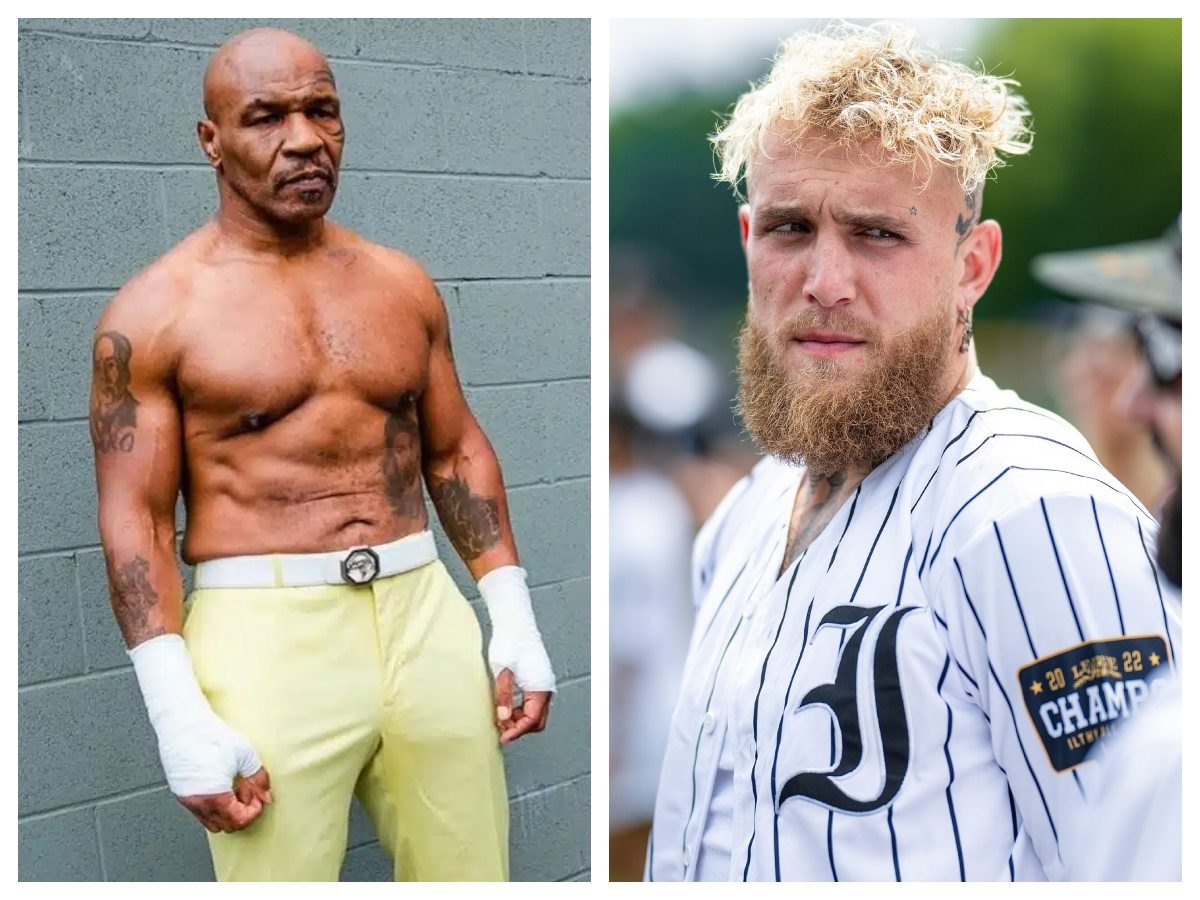Dallas Cowboys cheerleader Armani Latimer has become more open about her alopecia diagnosis, even going out of her comfort zone to make a statement by performing without a wig.
The team posted a video to Instagram that captured the moment, captioning it, “Confidence takes center stage for Alopecia Awareness.”
As she came onto the field during this week’s Monday Night Football game, her teammates cheered her on in the now-viral video.
A voice in the video can be heard saying, “So proud of that you’re doing this and you’re just representing a lot of little girls out there and they’re going to be looking at you in awe at your strength, knowing that they are going to feel so beautiful after this because of what you’re doing today,” and later the video shows Latimer courageously showing her dancing skills out on the field.
Her teammates and supporters left heartfelt congratulations and words of encouragement in the comments section.
The brilliant cheerleader shared her alopecia story with Women’s Health. When she was about eleven years old, she explained, her mother removed her braids, and she discovered bald spots on her head.
Her mother took her to a dermatologist because her father had also suffered from hair loss.
She recounted, “At age 12, I was officially diagnosed me with alopecia areata, a condition that causes my immune system to attack my hair follicles, resulting in occasional bald spots that seemed to become bigger with stress.”
“My mother tried to help me adjust to my new normal by not making me feel like it was big deal. And when I was a child, it wasn’t. I didn’t have many bald spots, and the ones I did have—on the center of my head and the nape of my neck—were easy to cover up with mom’s help.”
According to her, people didn’t notice her patchy hair through out high school, however, the stress of college made the hair loss worse.
“By that time, I was on a dance team and opted to get sew-ins to hide the areas of balding. This meant my natural hair was braided down and extensions were woven into the braids. Shortly after college, I auditioned to be a Dallas Cowboys Cheerleader and attempted to wear my hair naturally, but the demands of being a training camp candidate and trying to make the team caused my hair to fall out at a faster rate.”
When it got more difficult to cover up, she returned to sew-ins and fully embraced wigs; eventually, her hair fell out entirely.
Her “biggest challenge” over the years, she noted, was being honest with herself and enjoying life to the fullest as someone with alopecia, particularly when “people see cheerleaders and assume they’re flawless.”
She gives appreciation to her family and teammates for giving her the confidence to talk about her condition.
During her early cheering days, she said, “Some people picked up on the fact that I was more withdrawn and not my bubbly self, and having teammates that I could sit and cry with about what I was going through was healing.”
“Overall, my team and my family helped me maintain a positive mindset. I wouldn’t be anywhere without my support system, and I always want to provide support for those who don’t have any. On those days when you can’t be 100 percent, you need people who lift you up and help you be your best. I don’t believe we’re supposed to do life alone, and without my people, I wouldn’t have been able to break boundaries and be the woman I am today.”
Now that she’s more outspoken about her condition, she declared, “I know that alopecia doesn’t define me—it just adds character to who I am.”
Latimer said that she no longer considers herself a victim and has taken action to raise awareness about the issue that affects so many men and women throughout the world.
“I figure that if I can overcome my negative self-talk and self-defeating mindset, I can help change the experience for the next 12-year-old who gets diagnosed. She can start healing early instead of waiting until she’s 23, like me. There’s so much societal pressure that comes with being a woman—we don’t need more. We can be empowered by so many things, and you don’t need your hair to feel that.”










